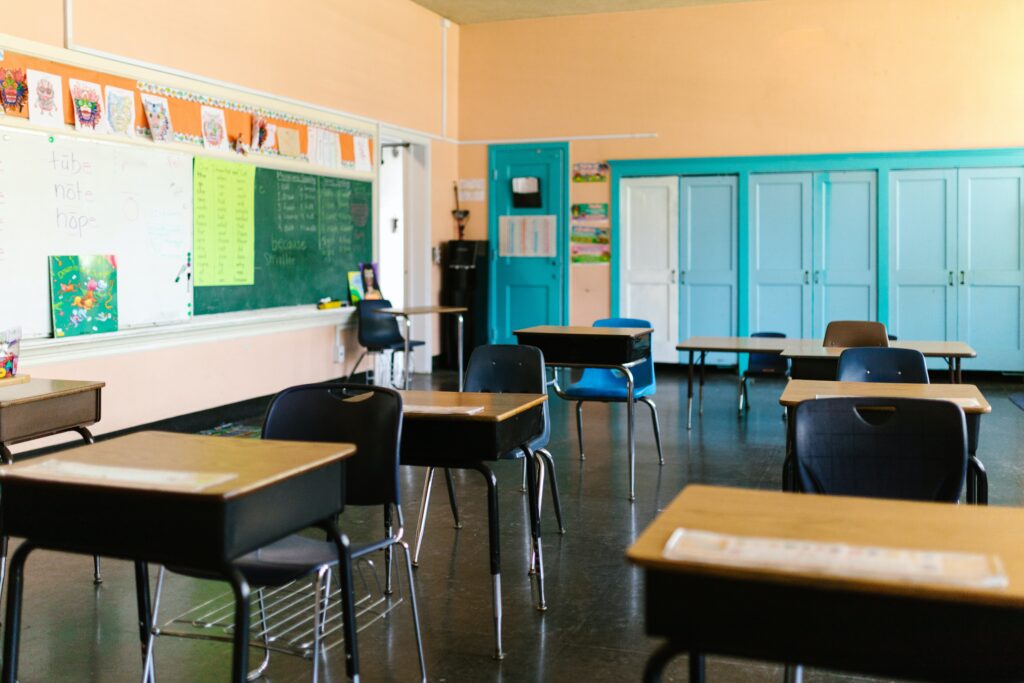The best school for an autistic child depends on individual needs and abilities.
Usually the choice boils down to either a specialist or mainstream setting.
Specialist settings
Special schools designed for children with autism can offer a supportive environment with specialised curriculum and highly trained staff.
Your option to enroll your child in such a school may be limited to funding and severity of needs.
Mainstream school
Inclusive schools aim to integrate children with disabilities into mainstream classrooms with appropriate support.
Parents may wish to weigh up the benefits of exposure to neuro-typical children to perhaps reduced personal attention.

Things to look for;
When considering which school may be best for your autistic child you will want to perform as many visits as you can.
Whilst on visits it is easy to just get swept along without knowing what to look out for. Here are some ideas;
ABA therapy
Schools that use ABA therapy as a teaching method can help with improving communication, social skills and adaptive behavior.
Structure and routines
Schools with routines, schedules and clear expectations can help reduce stress and anxiety for autistic children.
Sensory friendly
A school with sensory integration facilities, such as quiet rooms or sensory rooms, can help autistic children regulate their sensory input.
Small class sizes
Schools with smaller class sizes can allow for more individualised attention, making it easier for teachers to support the needs of autistic students.
Positive reinforcement and social skills
Schools that use positive reinforcement and provide social skills training can help improve behavior, self-esteem and social interactions for autistic children.
Summary
It is important to consider the individual needs of the child and to visit schools in person to observe the environment and meet the staff.
The involvement of the parents and their input into the education process can greatly benefit the child’s learning experience.
Feel free to browse our archive for all things autism. Alternatively you could visit the UK’s National Autistic Society’s website here.

